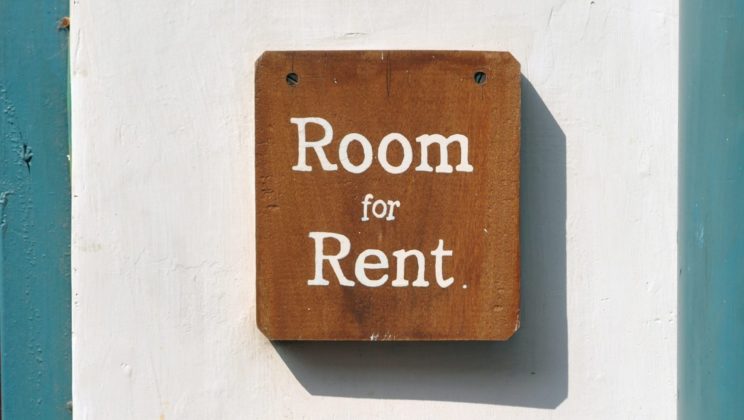In addition to temporary eviction moratoriums, the new Tenant Protection Act (AB 1482) and recent amendments to San Francisco legislation create complicated, longer-term issues.
State Law
AB 1482 creates a rent increase cap, just cause provisions for eviction, and increased notice requirements.
Although a landlord may set initial rent at any amount and reset it without limitation when there is a vacancy; once occupied, the rent may be raised only twice per year and the total increase cannot exceed 5% plus the cost of living increase, but never more than 10%. These limitations are retroactive to March 15, 2019.
A landlord may no longer evict without “just cause,” as long as the tenant has been in possession for one year. If an additional tenant joins, however, the clock is reset until all have been there 12 months, or anyone has been there 24 months.
“Fault” just causes are those that would always have allowed eviction in the past, such as nonpayment of rent and nuisance. “No fault” causes, such as the need for a family member moving in, are limited; but they trigger new obligations. Relocation money equivalent to one month’s rent is required. Tenants must also be notified whether their unit is covered by the new law or not.
Certain exemptions to the state’s rent and eviction controls apply to: single family homes and condominiums, unless owned by certain corporate entities, and buildings 15 years or younger. But the owner must serve notice of any applicable exemption or forfeit this benefit.
Local Amendments
Due to new San Francisco legislation, “just cause” eviction control now extends to virtually all residential buildings, including single-family homes and condos. Up until this past January, post-1979 construction was exempt.
Rent control has not been affected. The exception for properties built after June, 1979 remains. Only the milder state-wide provisions will limit. Also, throughout California, single-family homes are exempt from rent control, even in San Francisco.
Practice tip: first determine: is it rent control, or eviction control? Then see if an exemption or local ordinance applies. Finally, seek counsel from a qualified expert to confirm.
About the Author:
The author’s firm, Steven Adair MacDonald & Partners is a ten-attorney San Francisco firm specializing in complex landlord-tenant matters. They represent both landlords and tenants. Steven Adair MacDonald is the author of Landlord-Tenant Solutions in California (Rev. Ed., 2016) and The San Francisco Rent Board User’s Guide (2005).


